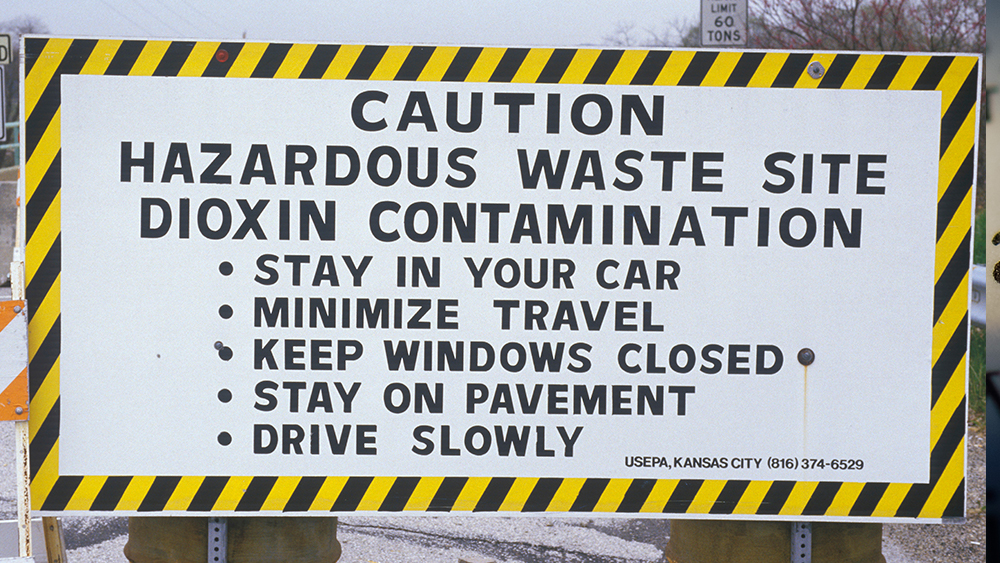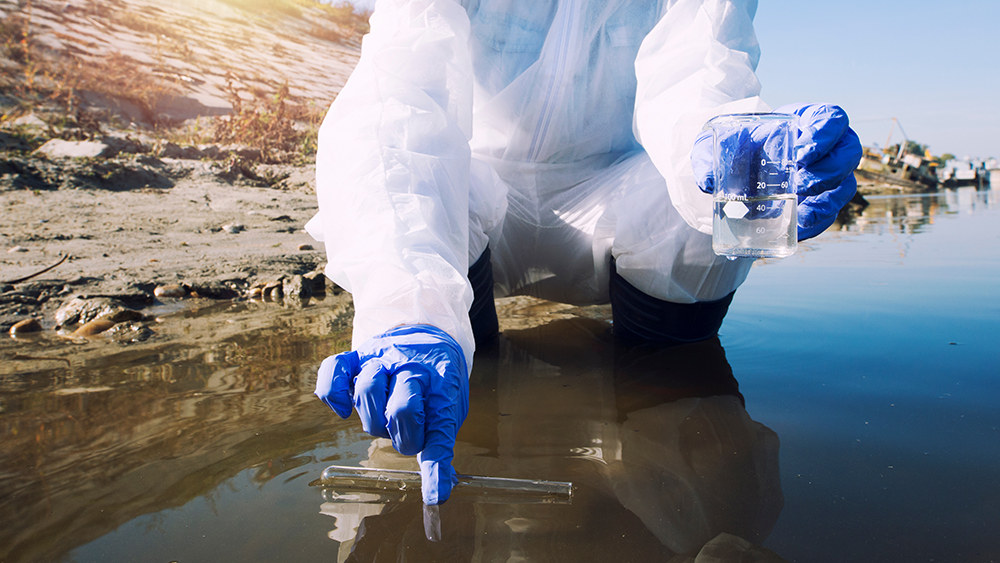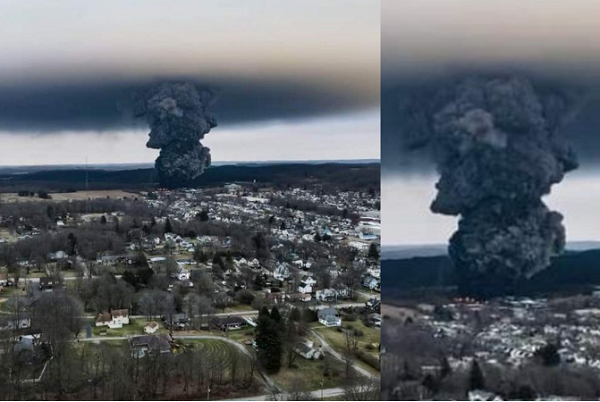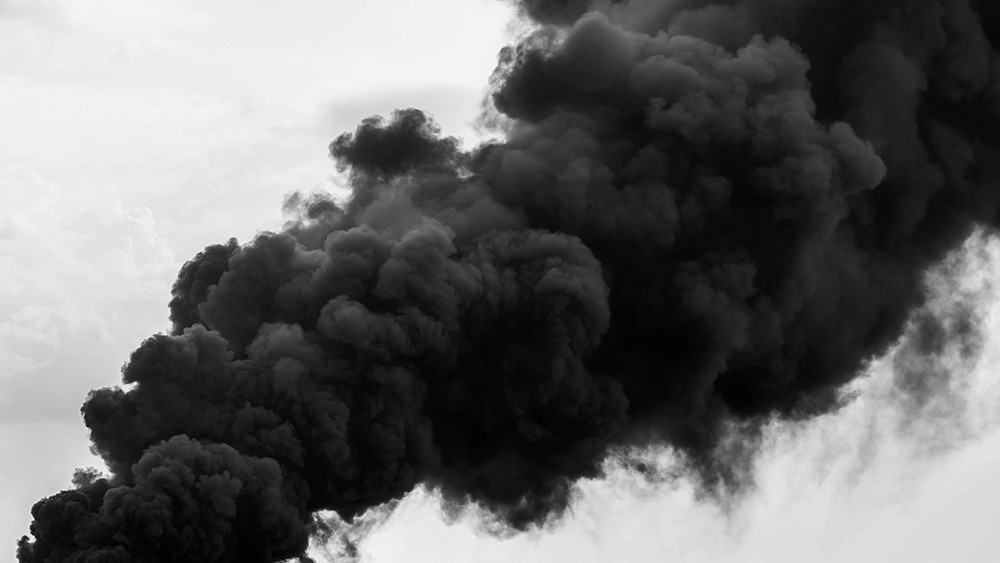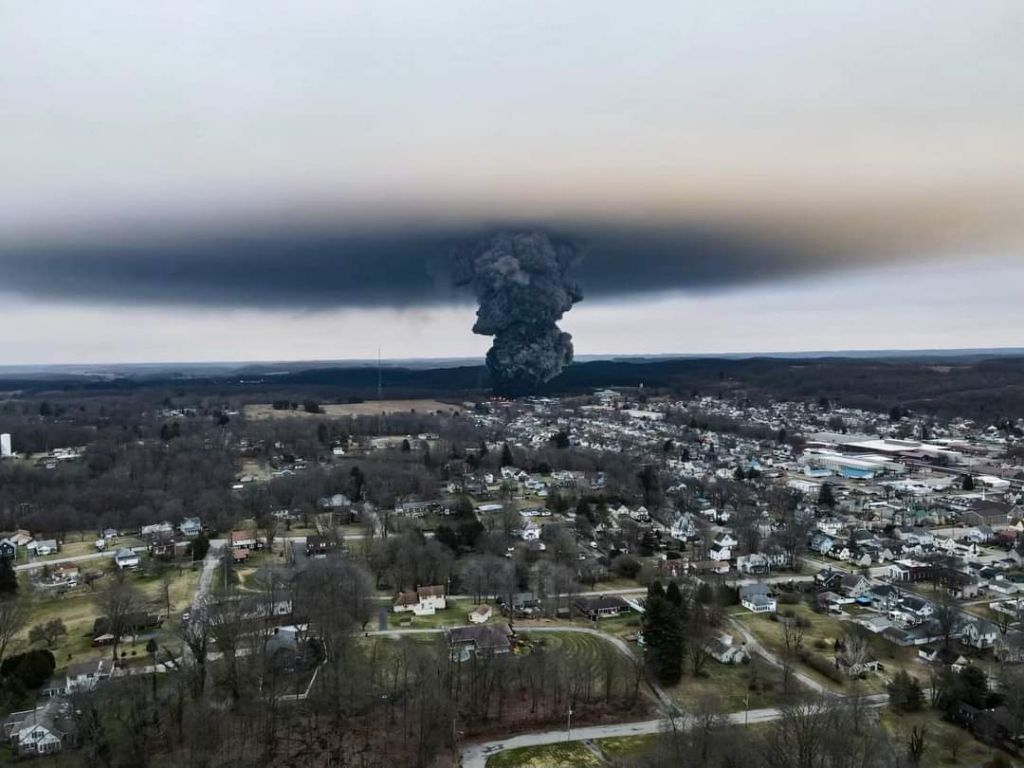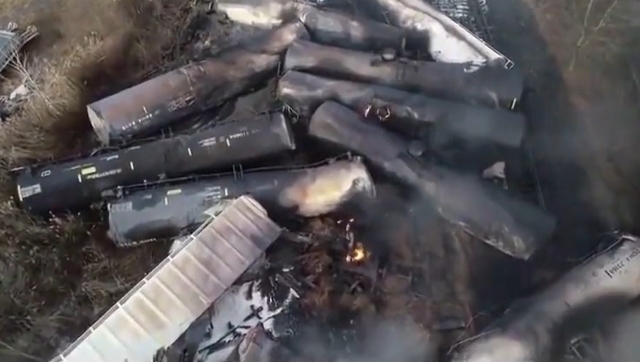Y-12 uranium processing facility in Tennessee catches fire, 200 employees evacuated
02/24/2023 / By Belle Carter

A fire broke out Wednesday, Feb 22, at the Y-12 National Security Complex uranium processing facility in Oak Ridge, Tennessee. All 200 employees were immediately evacuated from the site.
According to Steven Wyatt, a spokesperson from the National Nuclear Security Administration (NNSA), the blaze that started at 9:15 a.m. in production building 9212 was limited to the site itself and was contained shortly.
“There are no reports of injury or contamination,” NNSA officials added, explaining that air monitors did not go off, which means there was no release of radioactive material. Operations returned to normal at 1:00 p.m., but officials said they are still trying to determine how the fire started and would assess employees, if needed, following the incident.
“This is an ongoing investigation,” said Y-12 spokesman Gene Patterson. “We are still in the process of figuring out exactly what that timeline is on what happened this morning.”
Moreover, congressional representatives were notified of the emergency and were reportedly “comfortable” with the response.
Uranium fires are different than a typical fire, mainly because they can’t be doused with water.
The said building where the fire began is listed on the Department of Energy website as a uranium processing building, constructed in 1945. It serves as one of the primary chemical processing and enriched uranium production facilities at Y-12.
The security complex has been in Oak Ridge, known as the “Secret City” for not being on any maps, was built as part of the then-secret “Manhattan Project,” which was a research and development undertaking during World War II. The site was instrumental in the U.S. victory over Nazi Germany during the war because of the development of the atomic bomb.

Three key locations were reported to be part of the said project — the Oak Ridge site, the Hanford site in southeast Washington and Los Alamos in New Mexico.
The Oak Ridge site was selected for its ridges and valleys that allowed for the natural separation of the proposed plants. The sparse population also meant a potential catastrophe would have lower loss of life. The site was inland enough to ward off the enemy attack and the nearby hydroelectric dams provide sufficient power.
NRC implements more stringent regulations
Despite authorities assuring that they found no contamination in the Oak Ridge uranium processing facility, the recent incident sparked worries among residents in the neighboring areas, noting that it was the atomic bomb birth site.
Across America, at least 56 nuclear reactor accidents have occurred. The most serious was the incident on Three Mile Island Unit 2 (TMI-2) located near Middletown, Pennsylvania, after it partially melted down on March 28, 1979. This resulted in the release of radioactive gases and radioactive iodine into the environment. (Related: CONFIRMED: Three Mile Island nuclear accident found to have significantly increased thyroid cancer in surrounding counties due to radioactive Iodine-131.)
According to experts, approximately two million people in the nearby area during the accident were exposed to small amounts of radiation, which they deemed to have “no detectable health effects on the plant workers or the surrounding public.”
“To put this into context, exposure from a chest X-ray is about six millirems and the area’s natural radioactive background dose is about 100-125 millirem per year for the area. The accident’s maximum dose to a person at the site boundary would have been less than 100 millirems above background,” the Nuclear Regulatory Commission (NRC) website noted.
Despite the findings that exposure won’t bring detrimental effects to health, a thorough analysis of the incident kickstarted the widespread changes across the U.S. commercial nuclear industry. The NRC implemented new and more stringent regulations related to improved training, emergency response planning, as well as upgrades to plant design and equipment requirements.
TMI-2 was permanently closed down at noon on September 20, 2019.
Visit Radiation.news to learn more about “incidents” that could cause radiation emissions.
Watch the video below that talks about the TN uranium fire being a possible overture to war.
This video is from the Worldview Report channel on Brighteon.com.
More related stories:
Ohio derailment more deadly than Chernobyl, experts warn.
Sources include:
Submit a correction >>
Tagged Under:
This article may contain statements that reflect the opinion of the author



